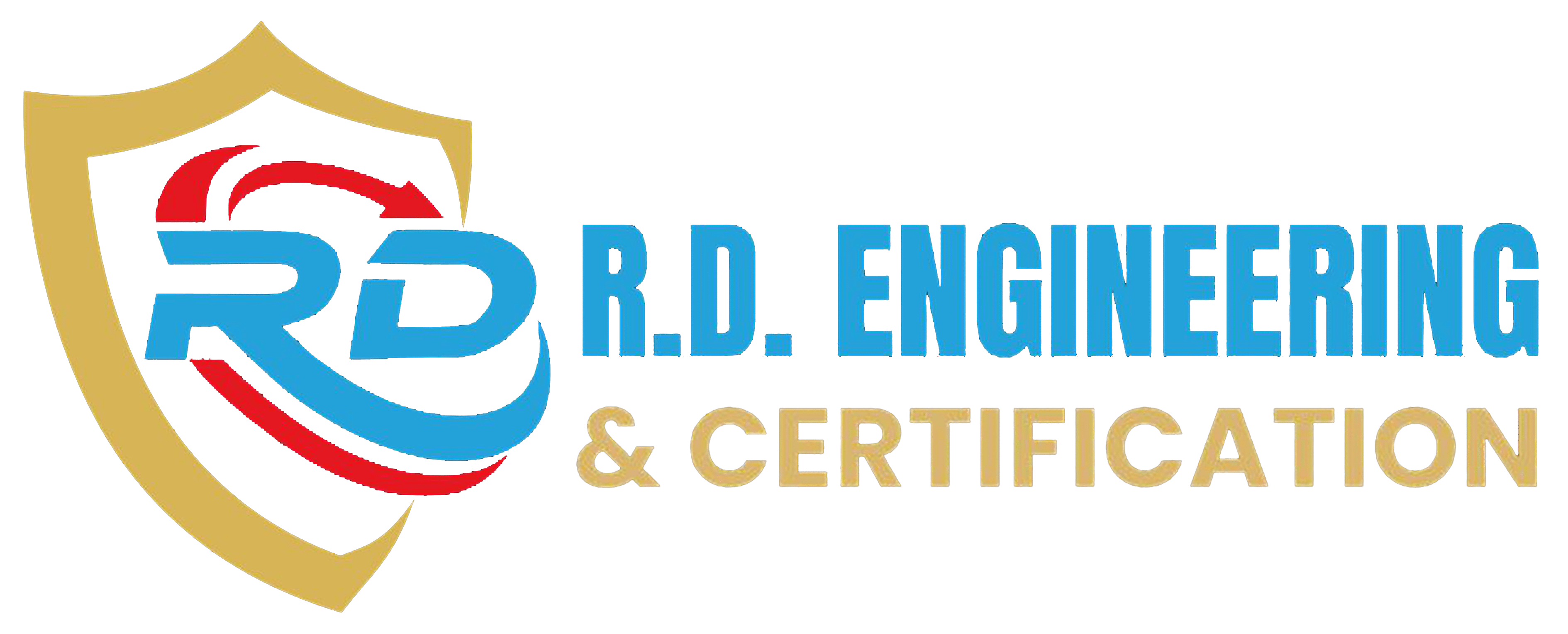Cranes are powerful and indispensable machines used in various industries such as construction, manufacturing, shipping, and logistics. As cranes handle heavy loads and operate in challenging environments, ensuring their safety and performance is of utmost importance. Crane testing certification plays a vital role in maintaining the integrity and reliability of these machines. In this blog, we will explore the significance of crane testing certification, its importance for safety and compliance, and the benefits it offers to businesses and operators.
What is Crane Testing Certification?
Crane testing certification is a comprehensive evaluation process that verifies the structural integrity, operational functionality, and safety features of cranes. It involves thorough inspections, load testing, and performance assessments to ensure that cranes meet industry standards and regulatory requirements. The certification is typically conducted by certified inspectors or third-party organizations with expertise in crane safety and testing.
Ensuring Safety:
Safety is the top priority when it comes to cranes. Crane testing certification helps identify potential hazards, weaknesses, or defects in the crane’s structure or components that could compromise safety. Rigorous testing procedures, including load testing, hydraulic system checks, and control mechanism assessments, ensure that the crane can safely handle the intended loads without any risk of failure or accidents. By obtaining crane testing certification, businesses demonstrate their commitment to providing a safe working environment for their employees and the surrounding areas.
Compliance with Regulations:
Crane testing certification is essential for compliance with local, national, and international regulations governing crane operations. Regulatory bodies, such as occupational safety agencies, often require cranes to undergo regular testing and certification to ensure adherence to safety standards. By obtaining the necessary certifications, businesses and crane operators demonstrate their compliance with these regulations, avoiding potential penalties, legal liabilities, and work disruptions.
Enhanced Performance and Reliability:
Crane testing certification goes beyond safety and compliance; it also contributes to the overall performance and reliability of the crane. Through thorough inspections and assessments, any potential issues or inefficiencies in the crane’s mechanical and electrical systems are identified and rectified. This helps improve the crane’s operational efficiency, reducing downtime, and enhancing productivity. Additionally, regular testing and certification can uncover minor maintenance needs, allowing for timely repairs and preventing costly breakdowns or major repairs in the future.
Boosting Customer Confidence:
Businesses that obtain crane testing certification demonstrate their commitment to quality and safety, thereby gaining the trust and confidence of their customers. Clients and project owners often prioritize working with companies that adhere to strict safety standards and possess valid crane testing certifications. By showcasing compliance and a dedication to safety, businesses can differentiate themselves in a competitive market, attracting more customers and fostering long-term relationships built on trust and reliability.
Conclusion:
Crane testing certification plays a crucial role in ensuring the safety, compliance, and performance of cranes. By undergoing regular testing and obtaining the necessary certifications, businesses and crane operators can enhance safety standards, comply with regulations, and improve overall operational efficiency. Furthermore, crane testing certification boosts customer confidence, making businesses more desirable partners in the industry. Prioritizing crane testing certification and cargo unit handling certificate demonstrates a commitment to safety, reliability, and excellence in crane operations, ultimately leading to a safer work environment and increased business success.
